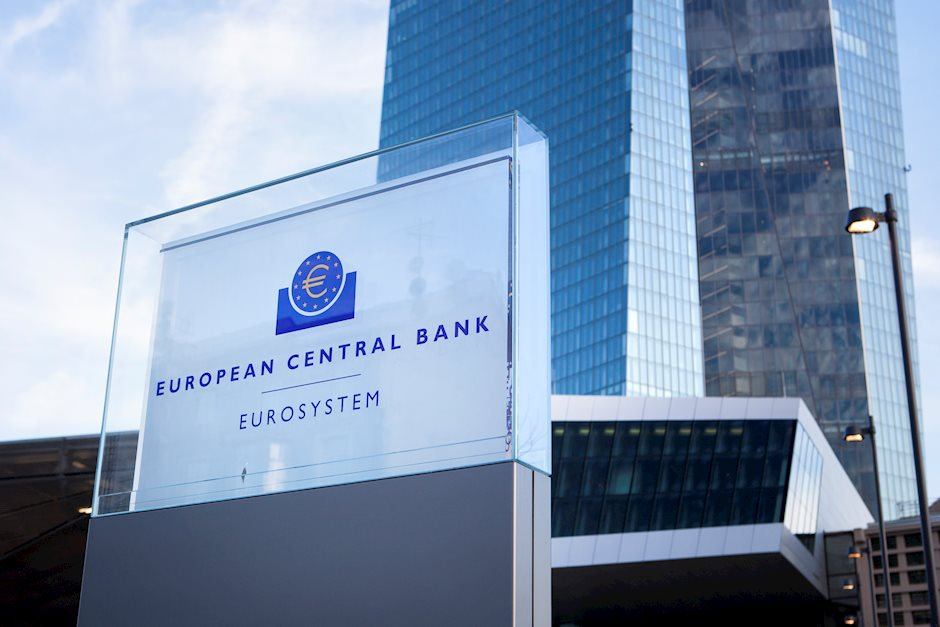ECB: Decision on QE expected in October - HSBC

Fabio Balboni, European Economist at HSBC, explains that the ECB had to revise down its inflation forecast again in its latest meet and seems concerned about the strong euro.
Key Quotes
“In line with our and market expectations, in September the ECB left all policy rates unchanged and did not announce any tweak to forward guidance (including leaving the easing bias to QE, ie. "we stand ready to increase our asset purchase programme in terms of size and/or duration") or make any announcement on the future of QE after December.”
“ECB Head Mario Draghi stressed that the recent volatility in the exchange rate is a source of uncertainty and requires further monitoring for its implications for monetary policy.”
“The ECB revised down slightly its inflation forecast by 0.1ppt in 2018 and 2019, to 1.2% and 1.5% respectively, in line with our expectations, due to the stronger euro.”
“Mr Draghi, however, noted that recently there had been a slight pick-up in underlying inflation measures and that he expected inflation to converge to target by 2020 (beyond the current forecast horizon).”
“The growth forecast was revised upwards for this year (from 1.9% to 2.2%) although it was left unchanged for 2018 and 2019 and the recent euro strength was included among the possible downside risks for the future growth outlook.”
“Mr Draghi said a decision on QE after December will be taken in the autumn and that committees are working on the technicalities of the extension. But he also specified that the "bulk" of the decision is to be expected at the upcoming meeting on 26 October, unless any "serious risks" materialise, warranting a postponement to December.”
“There was a preliminary discussion within the Governing Council on possible scenarios in terms of the size and duration of QE purchases from January, although no discussion took place on the sequencing between winding down QE and start hiking rates or changing the issuer limit.”
“Implications
- The updated growth and inflation forecasts set a rather dovish tone. As we had expected, the ECB revised down its inflation forecast again in light of the recent euro strength. It also revised down its wage growth forecast by 0.2ppt this year, and 0.1ppt in 2018 and 2019, with Mr Draghi reiterating some of the reasons why wages are continuing to lag behind the strength of the recovery.
- True, there was an upward revision to this year's growth forecast, but the fact that the 2018 and 2019 forecast were left unchanged despite the stronger base suggests the quarterly growth rates might have been revised down slightly (although this does not show in the one decimal point forecast presented by the ECB). And in any case, Mr Draghi reiterated that the ECB's only mandate is price stability, unlike other central banks which have a dual mandate of growth and inflation. And even the recognition of the recent up-tick in underlying inflationary measures was balanced by the acknowledgment of a continued lack of "convincing" upside pressures.
- On top of that, Mr Draghi reiterated loud and clear the concerns around the recent euro strength and its implications for the inflation outlook. All of this suggests to us that the ECB will continue to err on the side of caution, and leaves our view in terms of the future of monetary policy unchanged. The initial positive reaction by the exchange rate, with the euro breaking the 1.20 threshold against the USD, had partly unwound at the time of writing, but any possible further move up might contribute to make the ECB even more cautious. And in our view, despite today's downward revisions, the ECB is still too optimistic on future inflation and even more so on wage growth.
- So we continue to expect a three-month extension of QE from January - albeit at a slower pace (EUR40bn per month) - and no announcement yet as to when asset purchases will go to zero. Mr Draghi said that the "bulk" of the decision should be announced at the October meeting, and we think that, unless unexpected events significantly change the outlook, it should include the size and duration of asset purchases after December. It might not, however, include some details such as the split between public sector and corporate bond purchases, or between sovereign and supranational purchases within the public sector purchase programme (PSPP). Mr Draghi also reinforced today that reinvestments are going to become "more and more sizeable" in the future, a message that we are certainly going to hear again at the time of any tapering announcement.”
Author

Sandeep Kanihama
FXStreet Contributor
Sandeep Kanihama is an FX Editor and Analyst with FXstreet having principally focus area on Asia and European markets with commodity, currency and equities coverage. He is stationed in the Indian capital city of Delhi.

















